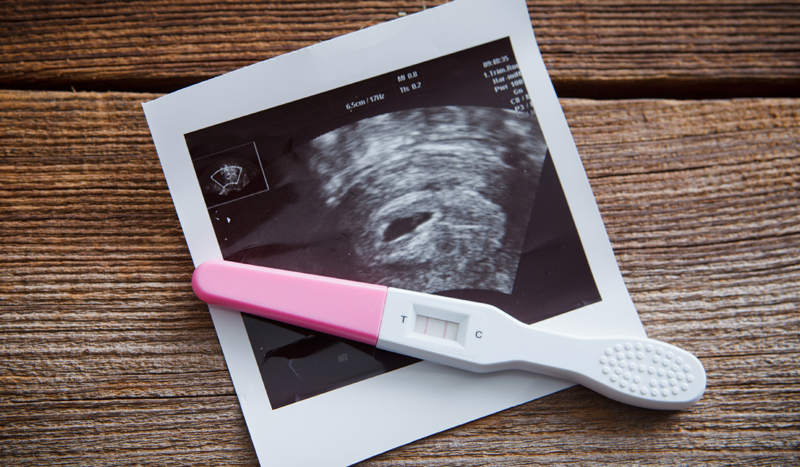
CV NEWS FEED // A bioethics expert has offered his take on the latest controversy surrounding the moral implications of in vitro fertilization (IVF), in which he affirmed the Alabama Supreme Court’s decision recognising embryos as human beings.
Professor of Philosophy at the University of South Carolina and co-author of The Way of Medicine: Ethics and the Healing Profession, Christopher O. Tollefsen denounced speculation regarding the humanity of embryos in a recent article for The Public Discourse.
“Location is simply one more of those many factors that make no difference where the most foundational moral principles are concerned,” he stated: “The human embryo is a human being, whether in utero, undergoing cell division in vitro, or temporarily (or permanently) in frozen stasis in a “nursery,” as the Alabama Supreme Court tellingly, but somewhat ironically, calls it.”
As CatholicVote previously reported, the Alabama Supreme Court ruled in late February that “frozen human embryos conceived via in vitro fertilization (IVF) are children, with human rights under state law.”
The Court’s ruling allowed a couple whose frozen embryos were destroyed by a wandering patient at their fertility clinic to sue under the state’s Wrongful Death of a Minor Act.
The end of the ruling, Tolleson pointed out, says that the “Wrongful Death of a Minor Act applies to all unborn children, regardless of their location”:
Those final four words of the Court’s opening paragraph, “regardless of their location,” get to the heart of the most important biological and moral issues regarding in vitro embryos: location does not matter either to the humanity or to the moral status of those embryos.
Regardless of whether fertilization occurs naturally, or through IVF, Tolleson maintains that the same result occurs: “at fertilization, two gametic cells, the sperm and the oocyte cease to exist, and a new single-celled organism [zygote] comes into being.”
“This zygotic individual,” he continues, is “biologically distinct from his or her parents,” and capable of acting as “the primary agent of its own growth and development into the next stages of human life.”
Just as a human being requires an oxygen tank to survive underwater, so do embryos require implantation in order to grow into a human being, Tolleson notes. “But none of that makes any difference to what it is: it is an unborn child, regardless of location.”

